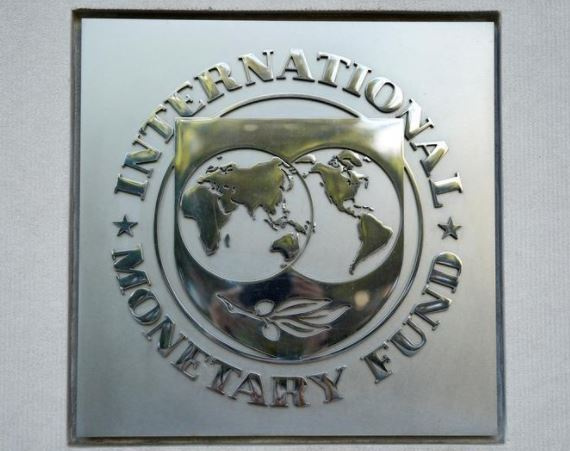A new IMF staff report has said Ghana is closer to being classified as a high debt distressed country, theghanareport.com has learned.
The possible classification means the IMF is concerned about the country’s ability to honour its international obligations.
The public debt stock as at September 2019 was pegged at GH¢208.6 billion, equivalent to 60.3 per cent of the country’s gross domestic product (GDP), data from the Bank of Ghana revealed.
The 2020 budget sets aside over GH¢19bn to pay interests alone and is one of the biggest items on the government’s expenditure bill.
“That is more than our capital expenditure and more than a lot of other thingsâ€, JoyNews’ Business editor George Wiafe explained.
The IMF staff report comes after a recent assessment of Ghana’s economy. The report also pointed at Ghana’s rising energy sector debts.
READ ALSO:Â IMF urges limited BoG intervention to save reserves as cedi records biggest fall in 4yrs
The government last July called the energy sector debt situation a “state of emergency.â€
This was during the mid-year budget review during which the Finance Minister Ken Ofori-Atta castigated the previous NDC government for entering into “obnoxious take-or-pay contracts signed by the NDC, which obligate us to pay for capacity we do not need.â€
The government pays over GH¢2.5 billion annually for some 2,300MW in installed capacity which the country does not consume.
He sounded alarmed that “from 2020 if nothing is done, we will be facing annual excess gas capacity charges of between $550 and $850 million every year.
JoyNews’ Business editor George Wiafe said the latest IMF Staff report expressing fears over a possible classification is “more of a warning†to government.
He said the latest assessment raises concerns about the purpose of government borrowings, whether it goes into consumption or into projects capable of generating revenue to pay back the loan.
The move could increase the country’s risk profile and ability to borrow on the international market.
The IMF staff report could impact Ghana’s plans to issue another Eurobond in 2020.
The Finance Minister Ken Ofori-Atta wants to return to the Eurobond market to raise $3bn to pay for expenditure items the country cannot fund from domestic sources.
The government wants to spend GH¢86m in 2020 but is projecting to raise only GH¢67bn. It leaves a deficit of GH¢19bn, monies that the Eurobond could make available.
The planned return to the Eurobond market is the seventh time in the past eight years.
Ghana is already among 10 low-income countries (LICs) in Africa that were at high risk of debt distress.
The country in April 2019, successfully completion an Extended Credit Facility (ECF) programme, or bailout, of the International Monetary fund (IMF).
It was Ghana’s 16th bail-out programme with the IMF since 1960.
Source: theghanareport.com





